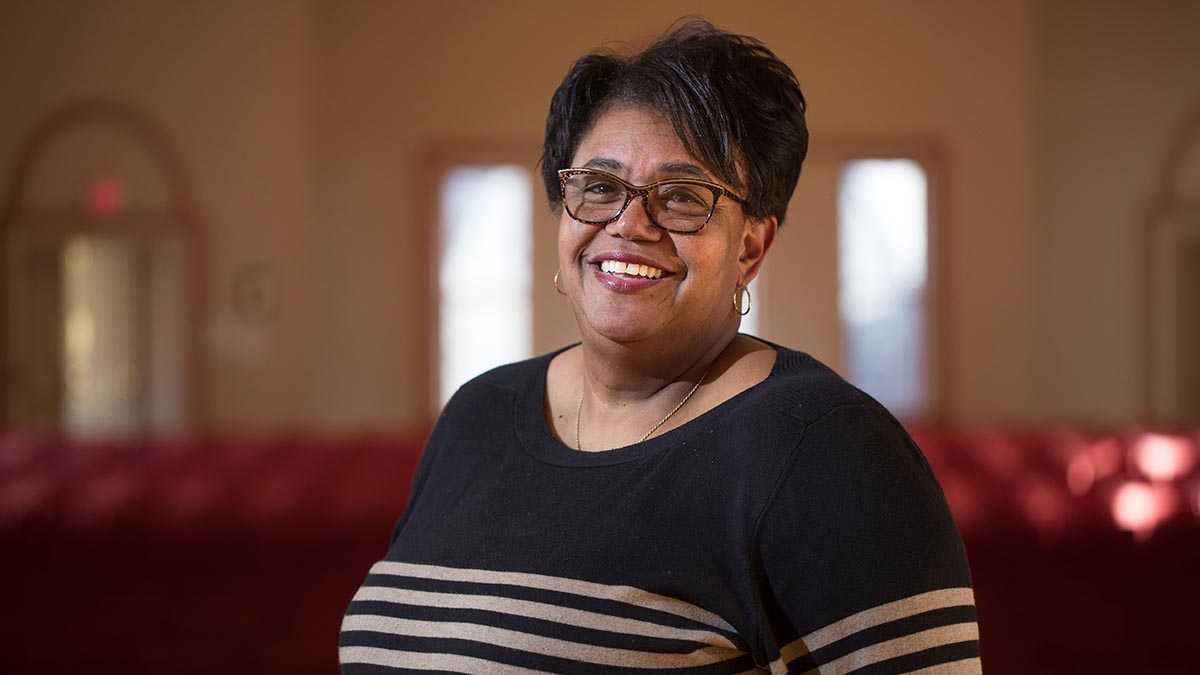The model focuses on meeting the individual needs of each student.

Faculty member Lisa Driscoll.
A new model for academic advising is coming to Cal U.
Called Appreciative Advising, the student-centered approach customizes and personalizes the academic advising and course scheduling experience to meet students’ individual needs.
Faculty advisers at Cal U will be trained in the six-step model, which considers the goals and plans of students.
On Aug. 11 and Aug. 13, Dr. Jennifer Bloom, co-founder of the Appreciative Advising and Appreciative Education movements, and Dr. Amanda Propst Cuevas, a member of the Appreciative Advising National Leadership Team, will train department chairs, members of the Cal U Advising Committee and new faculty members.
The Advising Committee will present workshops for faculty during the fall semester.
“This student-centered model will allow us to build better connections and to be more insightful when working one-on-one during advising appointments,” said Lisa Driscoll, a faculty member in the TRIO Upward Bound program and the Advising Committee chair.
As a TRIO academic adviser, Driscoll used many of the Appreciative Advising techniques before attending formal training to be certified in the program. That led her to propose the model to Cal U leadership.
“The Appreciative Advising model will give our faculty a model for advising that will help them get to know their students and be successful in the advising process. Advising is more than selecting classes. We want to get to know our students in totality.
“For example, the needs of a single parent who works and needs child care are going to be different from those of a traditional college student. We need to ask questions about how a winter or summer class might affect a student’s ability to afford college.”
Students who feel personal connections to faculty are more likely to stay on track to finish their degrees, Driscoll said.
“Students want to know that someone cares and is looking out for them. We want them to know that they matter and that their success matters. Some students have questions that may not even be directly related to scheduling — like taking the GMAT or GRE — and they’re looking to their adviser for advice and guidance but may also feel reluctant or embarrassed to ask for guidance. Training may help our faculty facilitate some of those conversations.”
It’s an especially important message this fall, when remote learning may challenge a student’s sense of belonging.\
“It’s incumbent on us to reach out to our students,” Driscoll said. “We can’t wait for them to reach out to us. We need to be proactive and ask them what they need, if they’ve found the Tutoring Center, if their financial aid package is OK, and anything else that may be an obstacle.”
